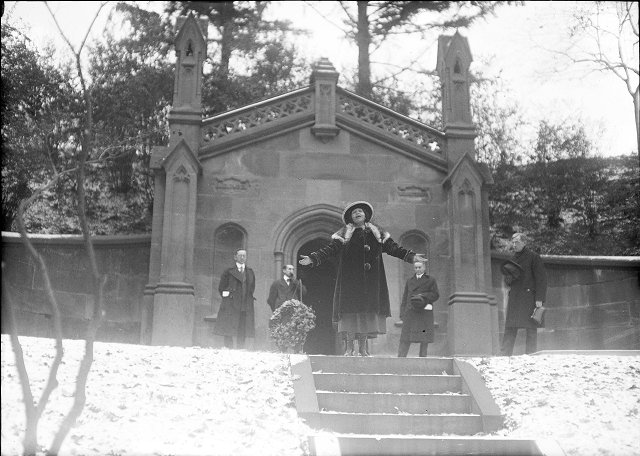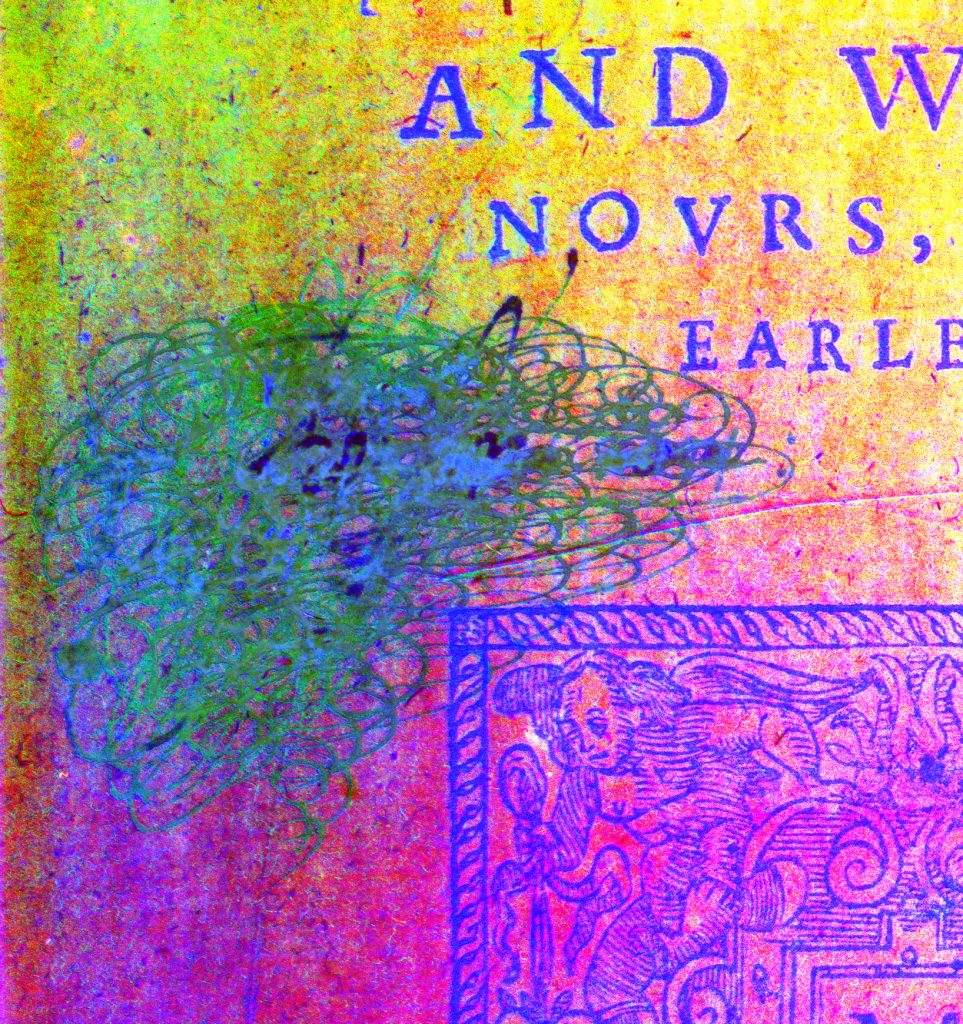This project aims to mark Morgan’s bicentennial by revisiting his various legacies, recovering and publicizing them while at the same time critically reevaluating them.
Lewis Henry Morgan Bicentennial


This project aims to mark Morgan’s bicentennial by revisiting his various legacies, recovering and publicizing them while at the same time critically reevaluating them.

The Lazarus Project is a multi-spectral imaging project. It envelopes smaller initiatives that span many geographical locations and time periods. In the past, recovery efforts by students, consultants, and directors have discerned new scholarly information on French, Welsh and Italian manuscripts from the Medieval era.
|
|

Dr. Victoria Szabo, Associate Research Professor of Visual and Media Studies from Duke University delivered the keynote lecture, entitled “Cultural Approaches to Digital Heritage,” to a group of engaged audience in the Welles-Brown room on March 2, 2017.
The word “cultural heritage” often invokes regressive politics and obsessive identification with one’s past, as historian David Lowenthal most famously contends “as hopes of progress fade, heritage consoles us with tradition.” Despite the antithetical relation between heritage and new technologies, Szabo’s keynote lecture offers a retort to the conservatism associated with the term. Specifically, by engaging the “Visualizing Cities” project in North Carolina and Italy, she explores how we tell stories about space over real time and how academics can inform “cultural heritage experience design.” Meanwhile, by experimenting with the lab model as the way in which to produce Digital Humanities scholarship, she also examines how traditional authorship could be questioned and restructured in this often collaborative and participatory process.
One example she mentioned is the use of Augmented Reality (AR) to juxtapose the history of Smith Warehouse with its current function as the Art & Art History Department at Duke University. Since Durham is undergoing processes of rapid gentrification, the site-specific experience provided by AR technology is especially meaningful. Because it gives the user a chance to see and indeed experience the space’s history as a tobacco warehouse which reminds the user just upon what our fortunes have been built. As she says,”in this case, the AR overlay experience becomes an opportunity to mediate or ‘haunt’ the location more visibly.” The most “haunting” example she mentions is perhaps the over-lay of a historic photograph from February 1969 when the African American Society occupied Duke’s administration building to advocate the need of black students which augmented a radical moment in the history of the Civil Rights movement with a recent protest against racism on campus. Needless, such juxtapositions is not only meaningful but also collapses space and time in space and time which reveals the cyclical nature and repetitiveness of history. Also mentioned in her lecture is the “Visualizing Venice” project which engages the city as a lab and offers the students and teachers an unusually productive pedagogical environment.
HumanitiesVisitingScholarVictoriaSzabo-030217
null
Harry Gu is a PhD student in Visual and Cultural Studies at the University of Rochester. He is a 2016-2018 Andrew W. Mellon Fellow in the Digital Humanities.